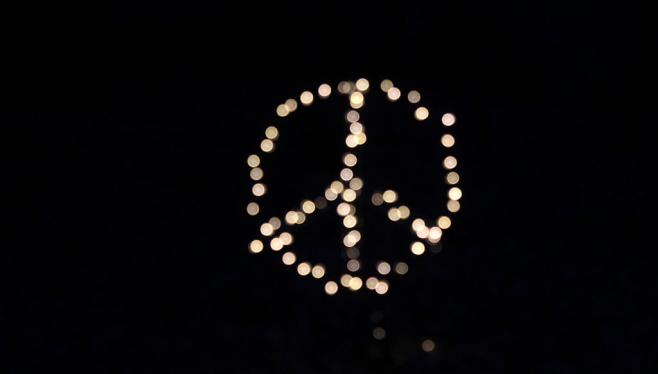MIGRANTS AND REFUGEES CHALLENGE US!
-Fr.
Cedric Prakash sj*
January
17th
is designated as the ‘World Day of
Migrants and Refugees’. The theme
this year is ‘Migrants and refugees challenge us. The response of the Gospel of
Mercy’.
Writing on the theme Pope Francis
states, “In our time, migration is growing worldwide. Refugees and
people fleeing from their homes challenge individuals and communities, and
their traditional ways of life; at times they upset the cultural and social
horizons which they encounter. Increasingly, the victims of violence and
poverty, leaving their homelands, are exploited by human traffickers during
their journey towards the dream of a better future. If they survive the abuses
and hardships of the journey, they then have to face latent suspicions and
fear. In the end, they frequently encounter a lack of clear and practical
policies regulating the acceptance of migrants and providing for short or long
term programmes of integration respectful of the rights and duties of all. Today,
more than in the past, the Gospel of mercy troubles our consciences, prevents
us from taking the suffering of others for granted, and points out way of
responding which, grounded in the theological virtues of faith, hope and
charity, find practical expression in works of spiritual and corporal mercy.”
In one stroke, we are challenged by the painful
reality of the refugees of today and at the same time we are made to realise
that we have but no choice but to do all we can to address one of the most
serious problems of our world today.
When Angela Merkel the Chancellor of
Germany threw open the doors of Germany (and also of Europe) to the refugees
who were coming en masse to Germany, there was a natural wave of resentment
from several of her country men and women and also from other parts of Europe.
She did not relent; though in recent days there are reports that she is slowly
giving in “to public pressure”. On the other hand, we have a man like US Presidential
hopeful Donald Trump who over and over again states that Muslim refugees should
not be allowed into United States. The irony is that his ratings go up in the
United States which is sworn to principles of democracy, equality and dignity
of all men and women. Fortunately, Pope Francis has become a beacon of hope not
only for refugees but for all men and women; some months ago he strongly
expressed his desire that every Catholic Parish of Europe adopt at least one
refugee family.
The refugee crisis today cannot be seen
in isolation of powerful lobbies and other vested interests. The arms and ammunition industry plays a
crucial role and so do mercenaries of every hue. There is very little political will in the
world today to address the endemic causes of the refugee crisis; Pope Francis
reminds us that these root causes include discrimination, racism, extreme
nationalism and xenophobia.
It is important therefore that on a day
dedicated to migrants and refugees, we commit ourselves whole-heartedly to
address their plight and do all we can to ensure that our world becomes more
humane, more just and more merciful for all – particularly to the migrants and
refugees!
16th
January, 2016
* (Fr. Cedric Prakash SJ is the Director of PRASHANT, the Ahmedabad-based Jesuit Centre for Human Rights,
Justice and Peace.)
Address: ‘PRASHANT’,
Hill Nagar, Near Saffron Hotel, Drive-in Road, Ahmedabad - 380052
Phone:
(079) 27455913, 66522333 Fax: (079) 27489018
Email: sjprashant@gmail.com www.humanrightsindia.in
Email: sjprashant@gmail.com www.humanrightsindia.in





